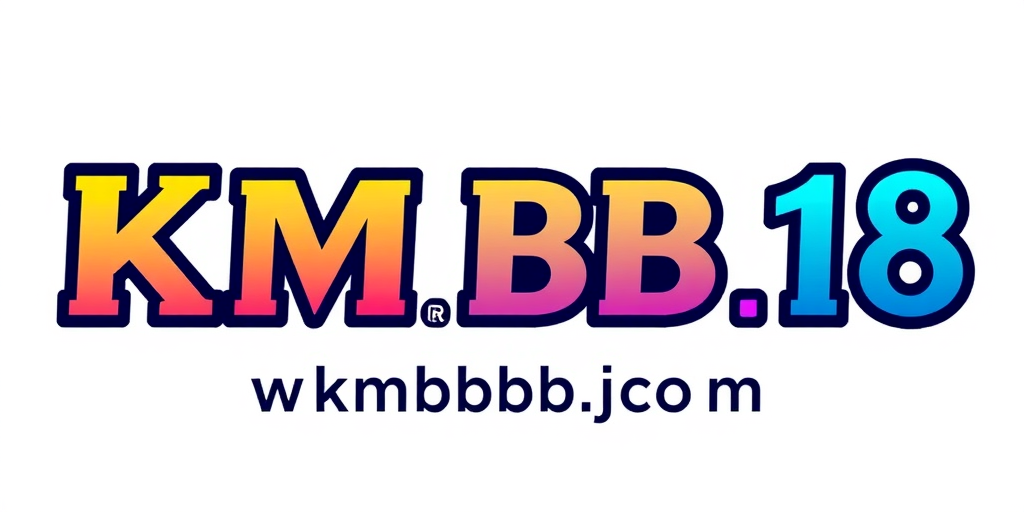The Agile Ball Toolbox: Essential Resources for Practitioners
In the fast-paced world of Agile project management, practitioners often seek tools and resources that can streamline their processes, enhance collaboration, and improve overall efficiency. Whether you’re a seasoned Agile veteran or just starting your journey, having the right toolbox can make a significant difference in your project outcomes bola tangkas. In this blog post, we’ll explore some essential resources that every Agile practitioner should consider integrating into their Agile toolbox.
1. Agile Frameworks and Methodologies
Scrum
Scrum is one of the most widely adopted Agile frameworks. It provides a structured approach to managing complex projects through iterative development and regular feedback loops. Resources like the Scrum Guide and online courses (e.g., Scrum Master Certification) can help practitioners grasp Scrum principles and practices.
Kanban
Kanban focuses on visualizing work, limiting work in progress, and enhancing flow. Tools such as Trello and Miro can help teams implement Kanban boards, making it easier to manage tasks and monitor progress visually.
Lean
Lean principles emphasize maximizing value while minimizing waste. Understanding Lean techniques can help Agile teams streamline their processes. Books like "Lean Software Development" by Mary Poppendieck are excellent resources for those looking to adopt Lean methodologies.
2. Collaboration and Communication Tools
Effective communication is key in Agile environments. Here are some tools to facilitate collaboration:
Slack
Slack is a powerful messaging platform that allows teams to communicate in real-time. With channels, direct messages, and integrations with other tools, it fosters collaboration and keeps everyone on the same page.
Microsoft Teams
Similar to Slack, Microsoft Teams offers chat, video conferencing, and file-sharing capabilities. Its integration with Microsoft 365 makes it a great choice for organizations already using those tools.
Zoom
For teams that require frequent virtual meetings, Zoom provides a reliable platform for video conferencing, enabling face-to-face communication regardless of location.
3. Project Management and Tracking Tools
Jira
Jira is a popular project management tool designed for Agile teams. It allows users to create user stories, plan sprints, and track progress. With customizable workflows and reporting features, Jira helps teams stay organized and informed.
Asana
Asana is another project management tool that offers a user-friendly interface for tracking tasks and projects. Its versatility makes it suitable for both Agile and traditional project management methodologies.
Monday.com
Monday.com is a visual project management platform that provides flexibility in managing projects. Its customizable templates cater to various workflows, making it an excellent choice for Agile teams looking for adaptability.
4. Agile Learning Resources
Continuous learning is crucial in Agile environments. Here are some recommended resources:
Books
- "The Lean Startup" by Eric Ries: A must-read for anyone interested in applying Agile principles to startups.
- "Scrum: The Art of Doing Twice the Work in Half the Time" by Jeff Sutherland: This book offers valuable insights into Scrum and its effectiveness.
Online Courses
Platforms like Coursera, Udemy, and LinkedIn Learning offer various courses on Agile methodologies, Scrum, and Kanban. These resources can help practitioners deepen their understanding and refine their skills.
Blogs and Podcasts
Stay updated on Agile practices through blogs and podcasts. Some popular options include "The Agile Coach" and "Agile for Humans." These platforms provide valuable insights from Agile experts and thought leaders.
5. Agile Community and Networking
Engaging with the Agile community can provide support and inspiration. Here are some ways to connect with fellow practitioners:
Meetups and Conferences
Attend local Agile meetups or national conferences like Agile Alliance's Agile2024. These events offer networking opportunities and allow practitioners to share experiences and best practices.
Online Forums
Join online forums like Scrum.org Community or Agile Alliance's community forums to connect with other Agile practitioners. These platforms can be valuable for seeking advice, sharing challenges, and learning from others' experiences.
Conclusion
Building a comprehensive Agile toolbox is essential for practitioners looking to enhance their project management skills and improve team collaboration. By integrating the right frameworks, collaboration tools, project management software, and continuous learning resources, Agile practitioners can streamline their processes and achieve better project outcomes. Embrace these resources, and watch your Agile journey transform into a more productive and successful experience!
4o mini


